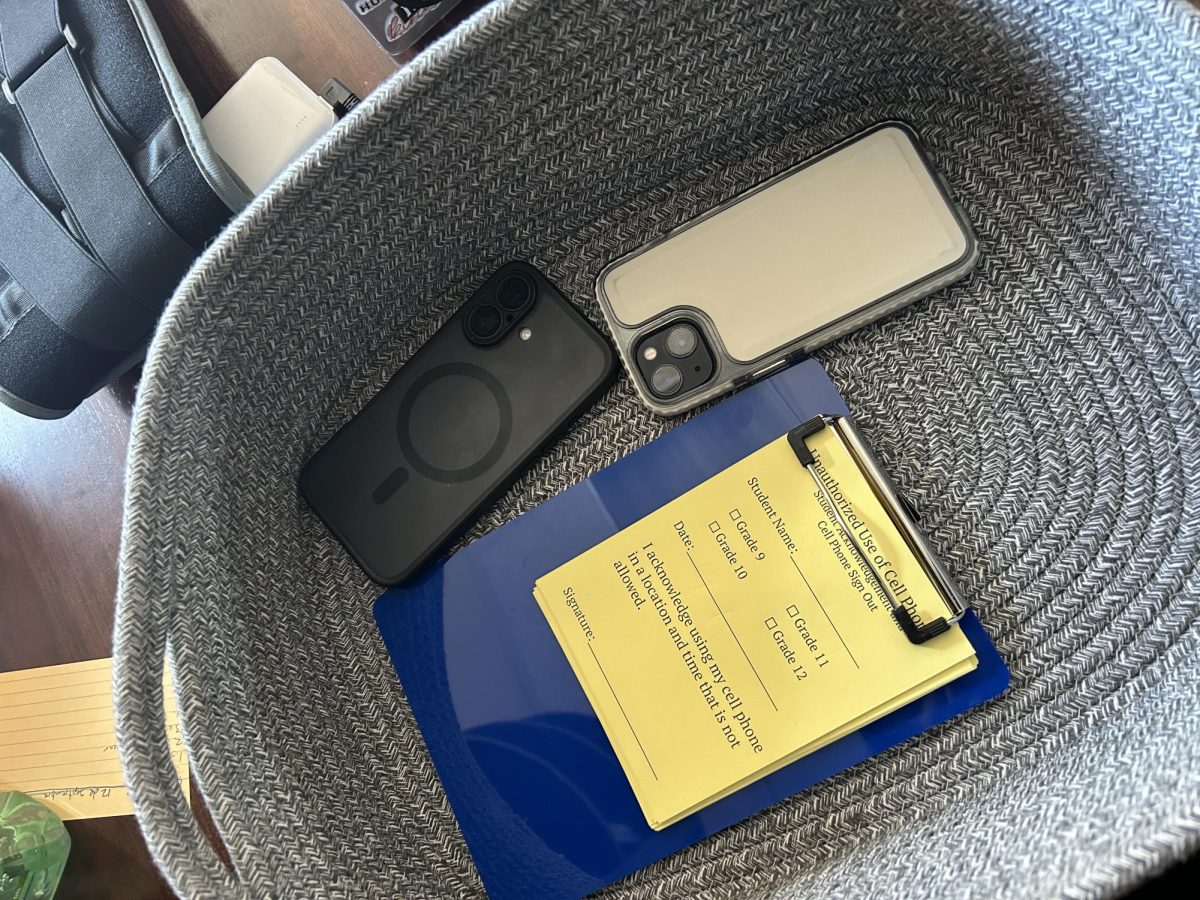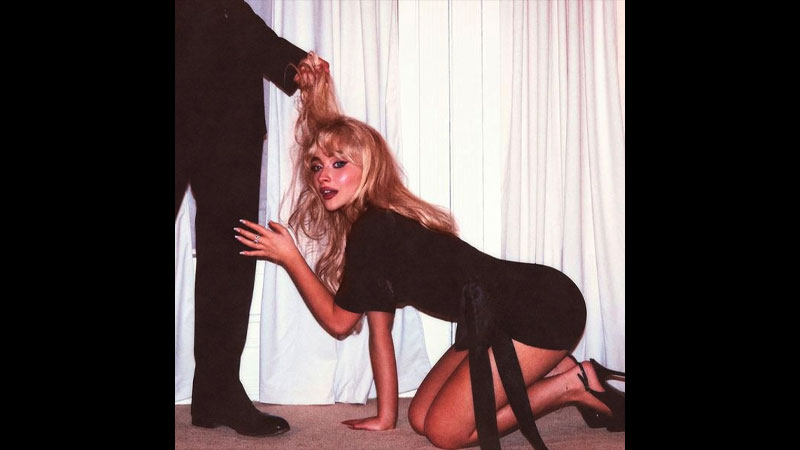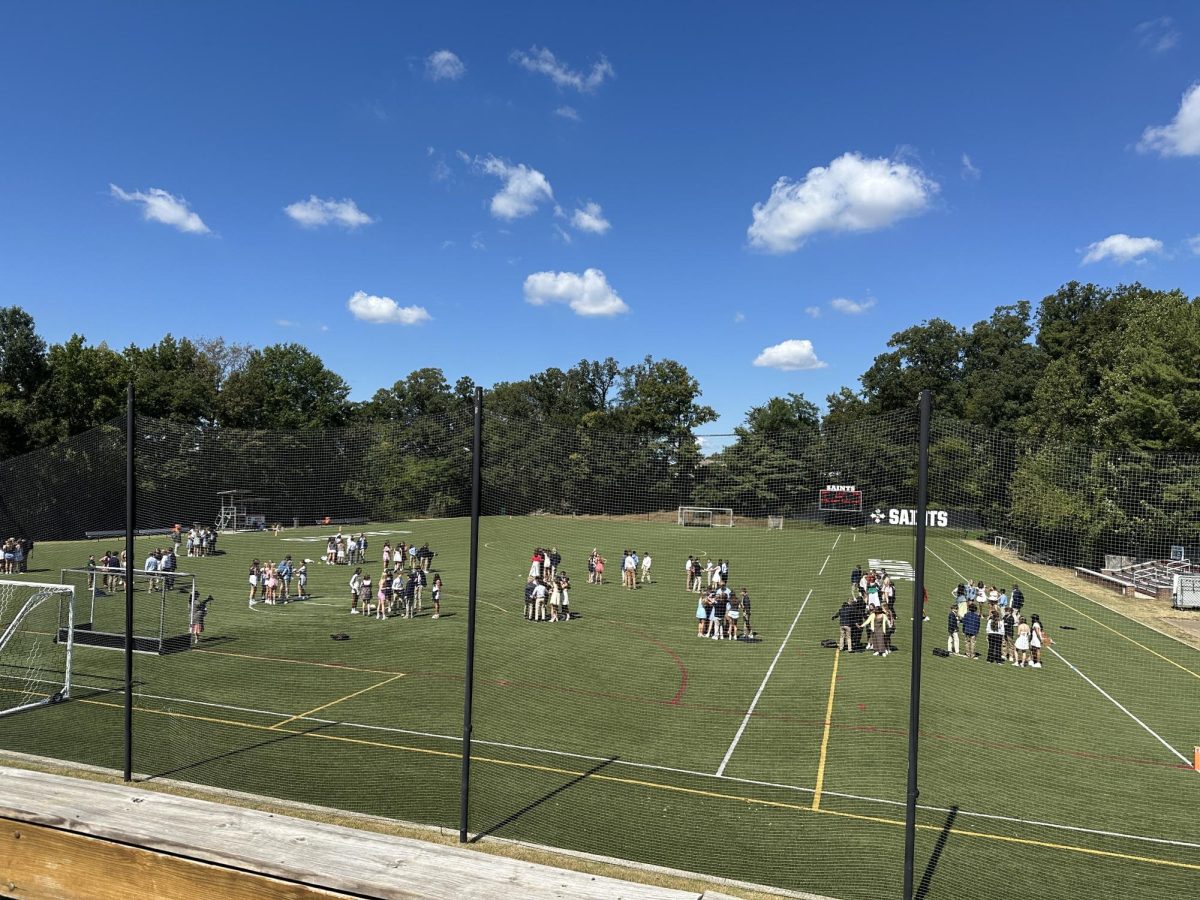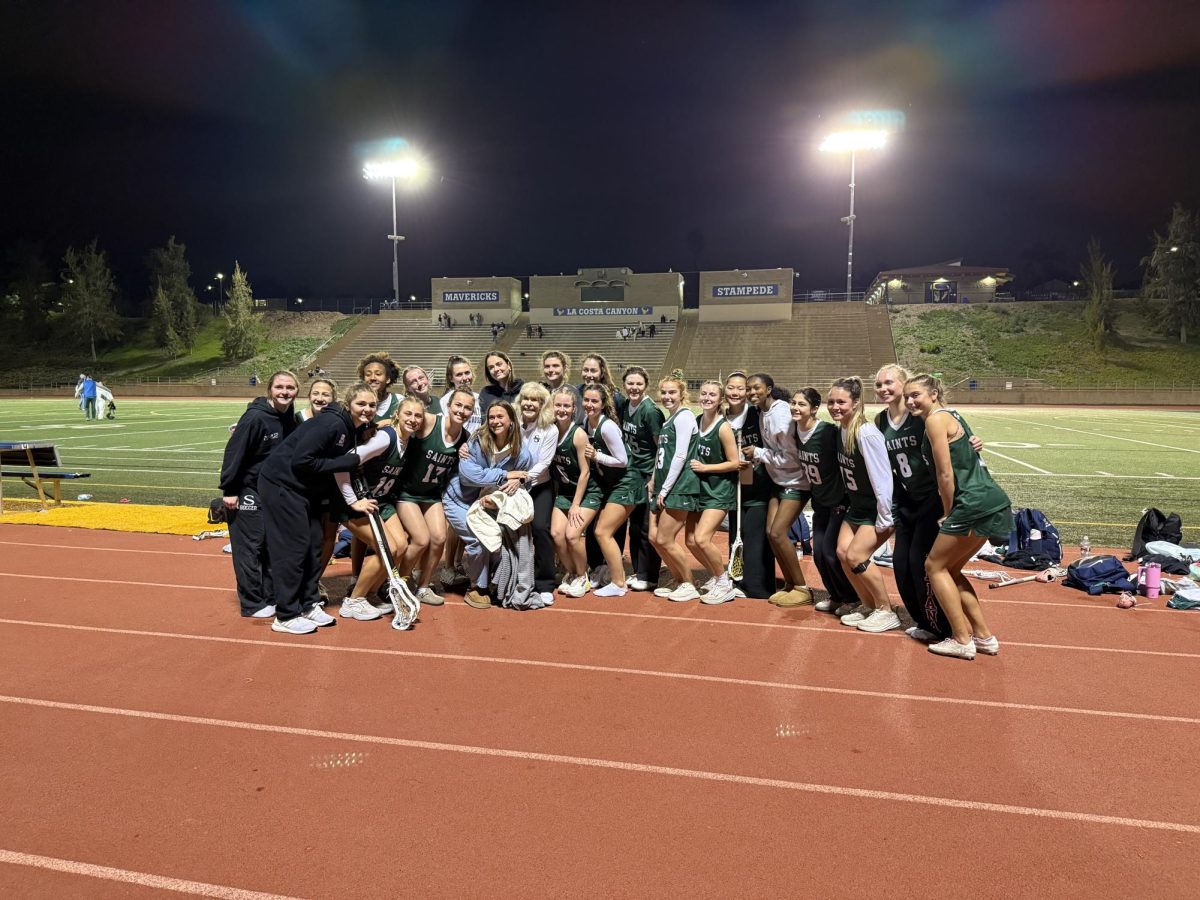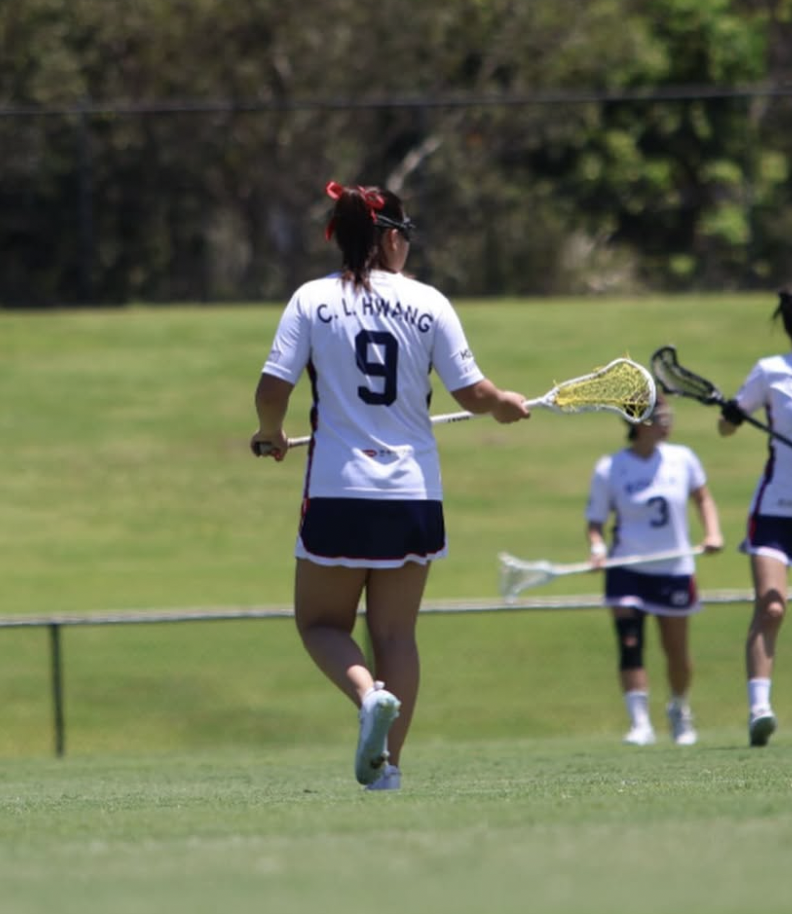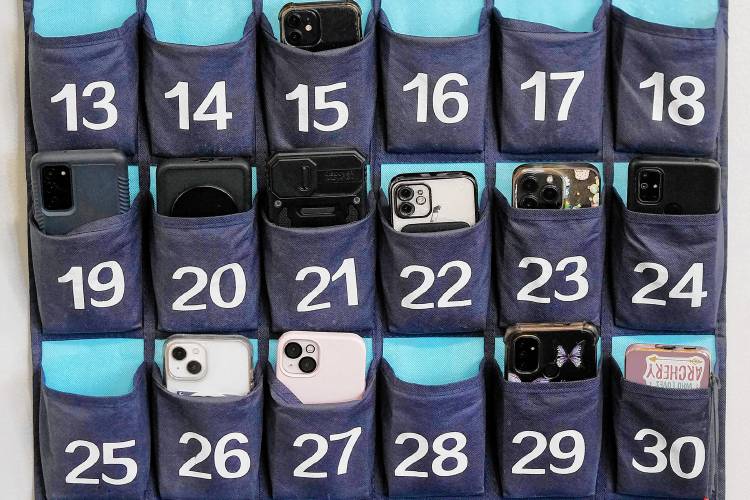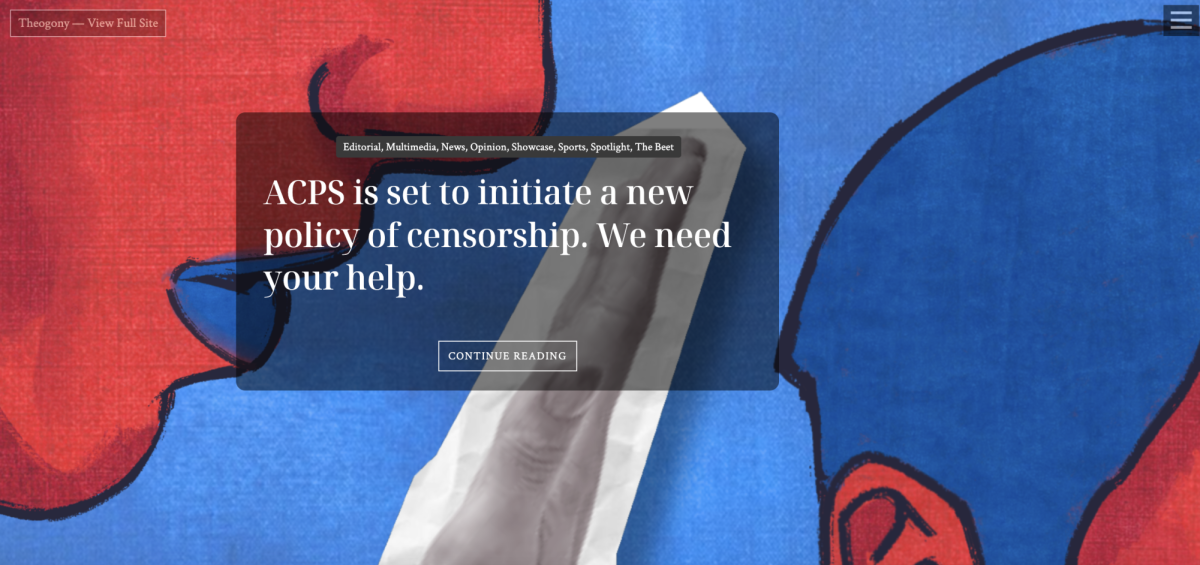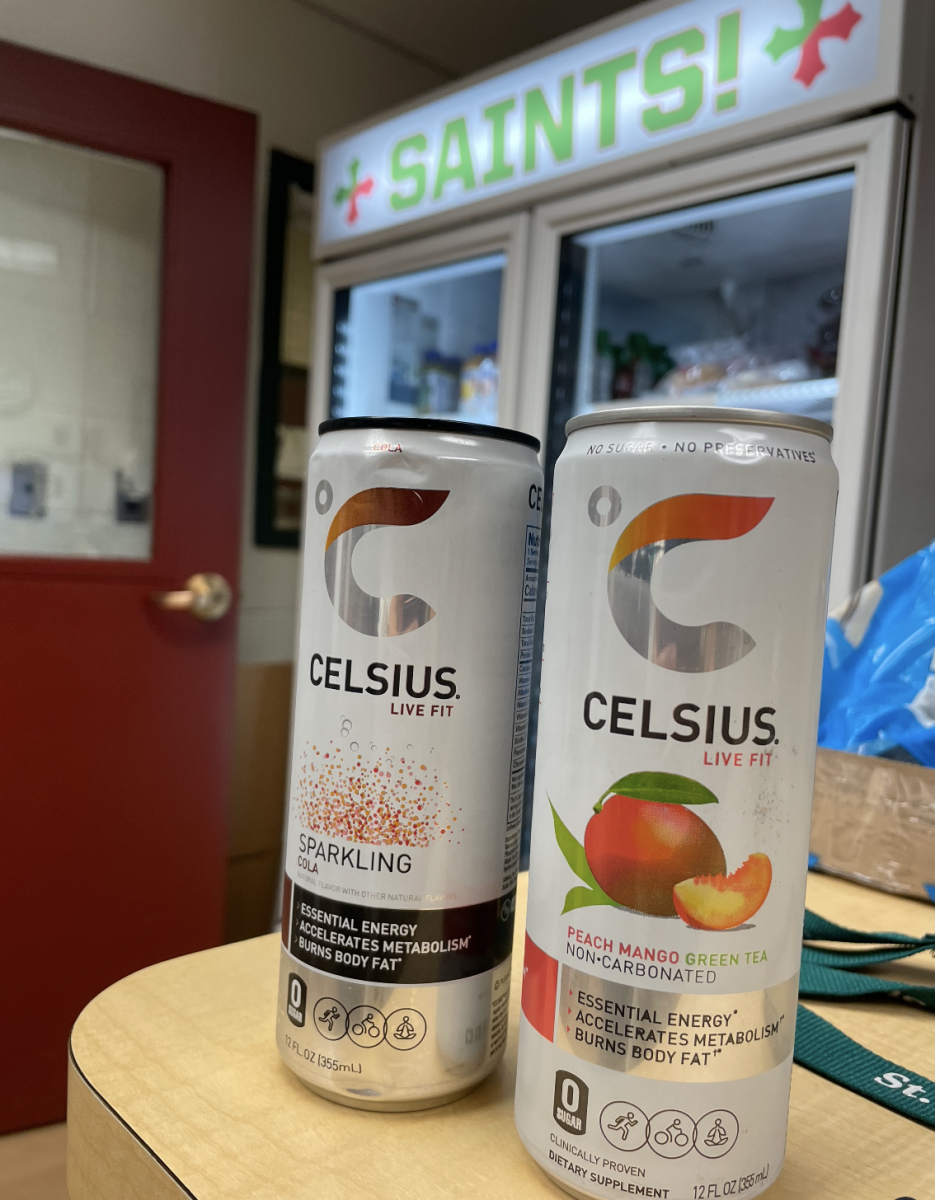Since the reopening of the school store at the beginning of last year, some of the most popular items sold have been energy and caffeinated drinks. Specifically, Prime and Celsius have become the go-to drink for thirsty high schoolers. Whether used as a wakeup early in the morning, a pick-me-up in the middle of the day, or a burst to get through the last two periods, energy drinks were the perfect choice for worn out students.
This all changed at the beginning of the month, as the decision was made to not sell Celsius or Prime Energy drinks before 2:35 pm. This decision has come with mixed reactions; many students were frustrated that a solution to their immense workload and pressure during a very busy time of the year was being taken away from them, while some in the administration saw the decision as necessary to remove harmful drinks that have a negative impact on students health and well-being.
The problem with Celsius and Prime first emerged earlier this year. Upper School Associate Director Mr. Wong said, “Teachers were seeing some jittery students, students who were unable to focus, and there was a prevailing sentiment that while we aren’t against caffeine, we shouldn’t be over promoting it.”
The negative effects of Prime and Celsius are no great mystery; a Celsius has a warning on it about the high levels of caffeine. Both a can of Celsius and a can of Prime contain 200 mg of caffeine each for a 12-ounce can, the size sold at the school store. To put this in context, one 12-ounce cup of coffee contains between 100-140 mg of caffeine. According to the FDA, a healthy adult should be consuming no more than 400 mg in a day. One of the main concerns for many is the amount of these drinks students were having each day.
According to Associate Athletic Director and AP Psychology teacher Coach Koroma, this is problematic as, “It is not recommended that you should have more than one (Celsius/Prime) over a 24-hour period, maybe two depending on the size of the person.” The effects of Prime and Celsius can change depending on the person; caffeine is a stimulant and can be effective in small doses, but when students become too dependent on caffeine, they can see negative effects including impacts on the nervous system, they can also cause restlessness and lack of concentration and even an irregular heartbeat. The continued usage of Celsius and Prime can create a destructive cycle; as a person drinks these drinks on a regular basis, their body builds up tolerance, meaning that a person will need to drink more and more in order to fulfill the wanted energy rush.
For Mr. Wong, the risk of Celsius and Prime has more to do with the overall health of a student. While both drinks are good at keeping students awake, they can also disrupt students’ eating patterns as they are a hunger suppressant and “we want to really make sure that kids are making healthy decisions,” he said.
One of the main concerns regarding Celsius and Prime was about athletes consuming high amounts of caffeine especially before performing in a game or practice. According to a survey that polled 18 student athletes, 10 reported that they drank a Celsius or Prime before a sporting event.
Coach Koroma first noticed this trend last year, “I would get into the gym around basketball season and notice multiple Celsius cans on the bleachers before and after games.” This over-reliance on caffeine could be potentially dangerous for athletes, especially those hoping to compete at the collegiate level, who would likely face performance enhancing drug tests at some point. Coach Koroma says, “High levels of caffeine in some substances might trigger certain people to pay more attention [to drug test results].” In fact, the consumption of Celsius is a huge gray area right now; recently, the ingredients ginseng, guarana, L-carnitine, and taurine have been banned by the NCAA as well as the National Olympic Committee, all of which are found in Celsius. Despite this, Celsius, still maintains on its website that the drink itself is not banned, but excessive use of caffeine is.
Bart O’Connor ’25, an avid runner on the cross country team, is a big fan of caffeinated energy drinks. Before the school store’s new policy, he drank 2-3 cans a day of Celsius or Prime combined. This has changed now, “It has affected me, I’m now down to just one a day.” Like many, he would drink one during the morning, even before school and then have another after school, right before cross country practice. He says he drank them for the energy boost, a kick he is missing now with the school’s new policy. “I definitely feel worse, especially around the first and second periods.”
Other students have not let the school store policy affect their caffeine consumption. Nick Fisher ‘25, has not allowed the new policy to affect his energy drink consumption. “I still bring energy drinks to school so it hasn’t affected how many I drink in a day.” What has changed is what kinds of energy drinks Nick is drinking in a day. One drink that he enjoys during the school day now, Reign, tops both Celsius and Prime with 300 mg of caffeine in a 16-ounce can.
The fact that students have found a way around the school store’s policy comes as no surprise to the faculty. Students are still welcome to bring coffee or energy drinks from home; there won’t be any detectors at the door or any schoolwide ban. Instead, Coach Koroma says, “Energy drinks should be more of a personal choice for the student and the school selling them makes it more readily available … I think it’s hard when you don’t have a system in place to limit how many of a certain drink a person can purchase.”
Mr. Wong is well aware that students will find ways to still consume energy drinks during the school day, “Kids who want to drink it and kids who think that they need it to stay awake will bring it from outside of school… If a student wants to drink caffeinated drinks, that should be something they talk to their parents about.”
This is why the decision to limit the sale of Prime and Celsius ultimately came down to knowing that parents were aware of the decisions their students are making. When Prime and Celsius were being sold all day, students were able to buy as many drinks as they would like without any cutoff or their parents having any knowledge of what they were drinking.
Mr. Wong says, “We want to make sure that parents know what you guys are consuming at school, eating candy is one thing, but if a student is drinking five energy drinks a day I feel like parents should know that, and it’s hard to police that.”
While this new adjustment back to a life with less caffeine may be difficult, many students do see where the school is coming from with this idea, “I wish they wouldn’t take away Prime and Celsius during the day, but I understand why they did it,” says Bart O’Connor.
Ultimately, the discussion around energy drinks and the role they play inside a high school comes down to moderation. “Over reliance on energy drinks is a slippery slope; you drink one, you drink two, you drink three, at a certain point you can’t function without them.” Mr. Wong warns, “Caffeine is a stimulant and it does change your mood. I think it’s about moderation.”

